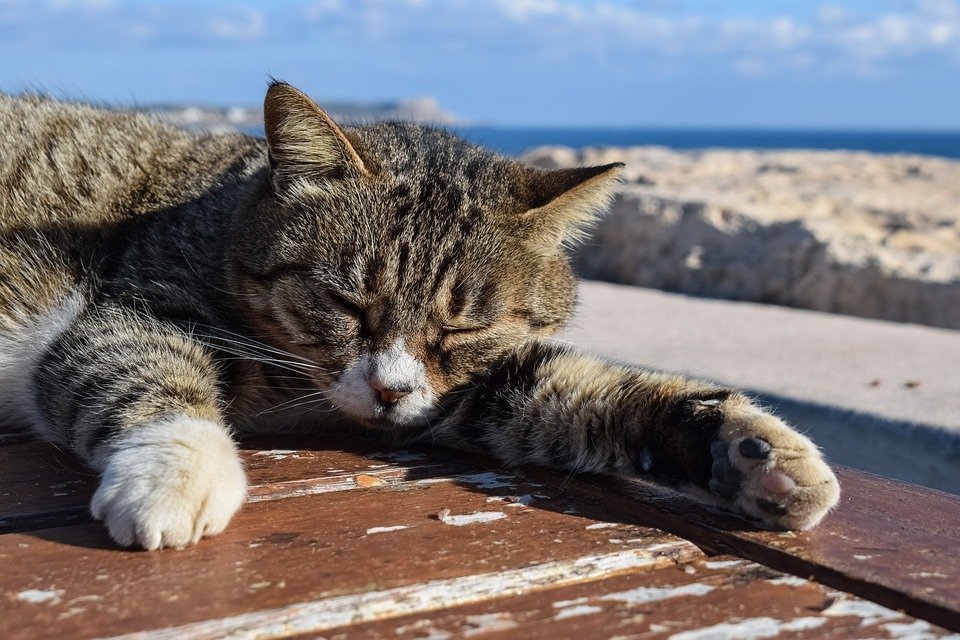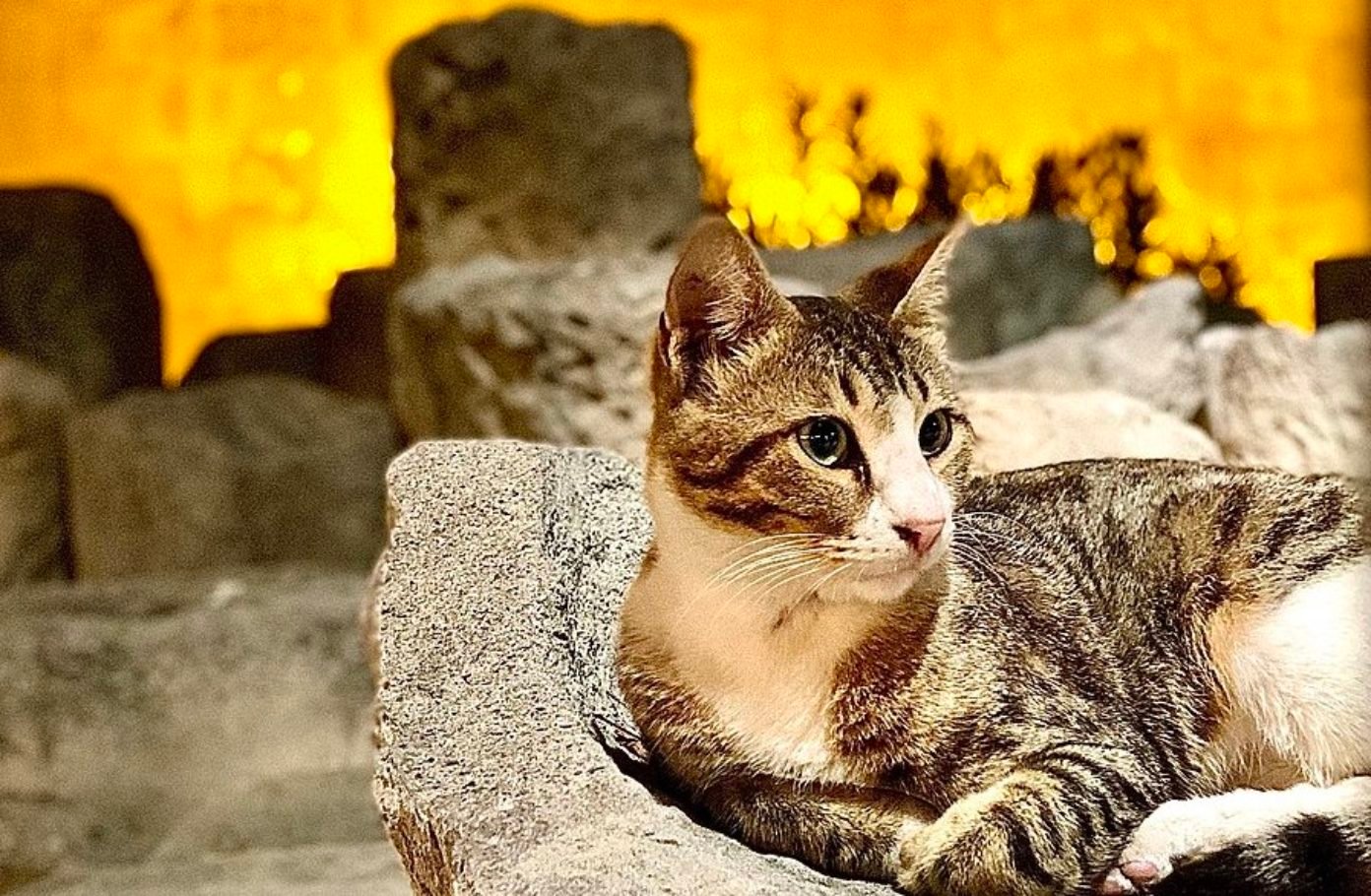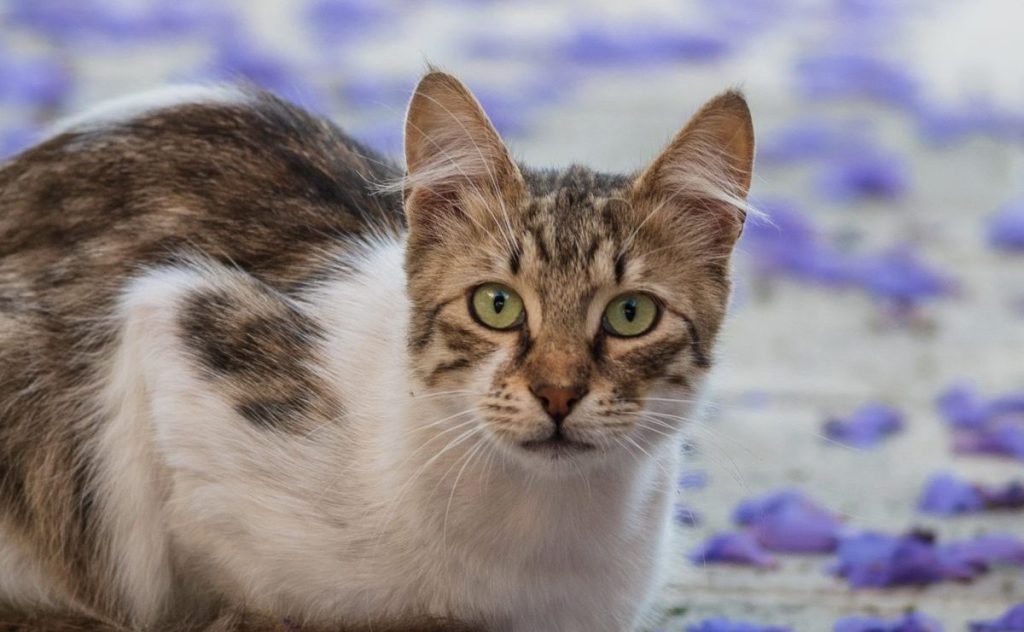Cyprus: The Ancient and Adaptable Feline Companion

History of the Cyprus Cat
The Cyprus cat is one of the oldest known domesticated cat breeds, with origins tracing back over 4,000 years. Archaeological evidence suggests that cats were first domesticated on the Mediterranean island of Cyprus, making this breed a living link to the early history of human-animal companionship. Excavations at the Neolithic site of Shillourokambos uncovered the remains of a cat buried alongside a human, indicating the deep bond between humans and cats even in ancient times.
The Cyprus cat has thrived in the island's diverse environments, from coastal regions to mountainous terrains. Over centuries, the breed adapted to the island's unique climate and landscape, developing into a hardy and resilient feline. Their primary role was to control vermin populations in homes, farms, and monasteries, earning them a valued place in Cypriot households and communities.
Popularity of the Cyprus Cat
While the Cyprus cat is deeply rooted in the island's culture and history, its popularity extends beyond the Mediterranean. The breed has gained recognition among cat enthusiasts worldwide for its robust health, adaptability, and affectionate nature. In recent years, efforts to preserve and promote the breed have increased, with organizations dedicated to maintaining its unique lineage.
Despite its ancient heritage, the Cyprus cat remains relatively rare outside its native island. However, those who have welcomed this breed into their homes often describe them as loyal, intelligent, and low-maintenance companions. Their natural beauty and independent spirit continue to attract cat lovers globally.
Physical Traits of the Cyprus Cat
The Cyprus cat is known for its sturdy build, agile movements, and striking appearance. As a natural breed, its physical characteristics have been shaped by centuries of adaptation to the island's environment.
Key Features:
• Coat: The Cyprus cat typically has a short, dense, and weather-resistant coat. The fur is smooth and lies close to the body, offering protection against the island's varied climate. Common coat colors include tabby, solid, and bi-color patterns, often in shades of brown, gray, black, and white.
• Size: Medium to large in size, the Cyprus cat has a lean but muscular build. Males tend to be larger, weighing between 10 to 15 pounds, while females usually weigh between 8 to 12 pounds.
• Head & Expression: The breed features a slightly rounded head with a well-defined muzzle and prominent cheekbones. Their almond-shaped eyes are expressive and can range from green and amber to yellow, often reflecting their alert and intelligent nature.
• Body: The Cyprus cat has a strong, athletic body with long legs and a tapering tail. Their agility and grace are evident in their fluid movements, making them excellent climbers and hunters.

Behavioral Traits of the Cyprus Cat
The Cyprus cat is celebrated for its independent yet affectionate temperament. These cats are known for their intelligence, adaptability, and strong hunting instincts, traits that have been honed over centuries.
Key Behavioral Traits:
1. Independent and Self-Sufficient: Cyprus cats are highly independent and can entertain themselves when left alone. However, they also enjoy the company of their human companions.
2. Affectionate and Loyal: Despite their independence, Cyprus cats form strong bonds with their owners. They are known for their loyalty and often follow their favorite humans around the house.
3. Intelligent and Curious: This breed is highly intelligent and enjoys exploring new environments. They are quick learners and can be trained to perform simple tricks or respond to commands.
4. Playful and Energetic: Cyprus cats have a playful side and enjoy interactive toys, climbing structures, and outdoor exploration. Their high energy levels make them excellent companions for active households.
5. Adaptable and Resilient: Thanks to their history of surviving in diverse environments, Cyprus cats are adaptable to various living conditions, from rural farms to urban apartments.
Why Choose a Cyprus Cat?
If you're looking for a cat that combines ancient heritage with modern adaptability, the Cyprus cat is an excellent choice.
Reasons to Choose This Breed:
• Rich History: Owning a Cyprus cat connects you to one of the oldest domesticated cat lineages in the world.
• Affectionate and Loyal: These cats form deep bonds with their owners and thrive in loving environments.
• Low-Maintenance: With their short, weather-resistant coats, Cyprus cats require minimal grooming.
• Energetic and Playful: Ideal for families who can provide space and activities for their active nature.
• Intelligent and Curious: Their sharp minds make them engaging companions who enjoy learning and exploring.
Caring for Your Cyprus Cat
The Cyprus cat is relatively low-maintenance but benefits from attention to its physical and emotional well-being.
Essential Care Tips:
1. Grooming: The short coat requires occasional brushing to remove loose hair and maintain its shine. More frequent grooming may be needed during seasonal shedding.
2. Exercise: Provide ample opportunities for physical activity, such as climbing structures, interactive toys, and safe outdoor spaces.
3. Social Interaction: While independent, Cyprus cats enjoy human companionship and should not be left alone for extended periods.
4. Nutrition: Offer high-quality cat food to support their active lifestyle. A balanced diet helps maintain their lean, muscular build.
5. Health Monitoring: Regular veterinary checkups are essential to monitor their health and detect any potential issues early.
6. Mental Stimulation: Engage their minds with puzzle toys, training sessions, and new environments to explore.
Health Considerations
The Cyprus cat is generally a healthy breed, thanks to its natural development and robust genetic pool. However, regular veterinary care is important to ensure their well-being.
Common Health Issues:
• Obesity: Active by nature, Cyprus cats need regular exercise to prevent weight gain.
• Dental Health: Regular dental checkups and cleanings help prevent gum disease and other oral health issues.
• Parasite Control: Outdoor exploration increases the risk of parasites, so regular treatments and checkups are recommended.

Comparisons to Other Breeds
Compared to other ancient breeds, such as the Egyptian Mau, the Cyprus cat is more robust and adaptable to diverse environments. Unlike highly specialized breeds like the Siamese, the Cyprus cat retains many natural traits, making it a hardy and low-maintenance companion. Its independent nature sets it apart from more clingy breeds, offering a balanced mix of affection and self-sufficiency.
Is the Cyprus Cat Right for You?
The Cyprus cat is perfect for individuals or families looking for an independent yet affectionate companion. If you appreciate a cat with a rich history, strong hunting instincts, and a playful spirit, this breed will fit right into your home. Regular exercise, minimal grooming, and interactive play will help keep the Cyprus cat happy and healthy.
If you prefer a cat that demands constant attention or one with a more luxurious coat, other breeds might be a better fit. However, if you're seeking a resilient, intelligent, and loyal feline, the Cyprus cat is an excellent choice.
Ready to Welcome a Cyprus Cat?
United Pet Club is here to help you find the perfect feline companion. Whether you're looking to adopt or connect with trusted breeders, we provide valuable resources to guide you every step of the way.
Explore our platform to learn more about Cyprus cats, their history, and how to care for them. Contact United Pet Club today to start your journey with this ancient and adaptable breed!
